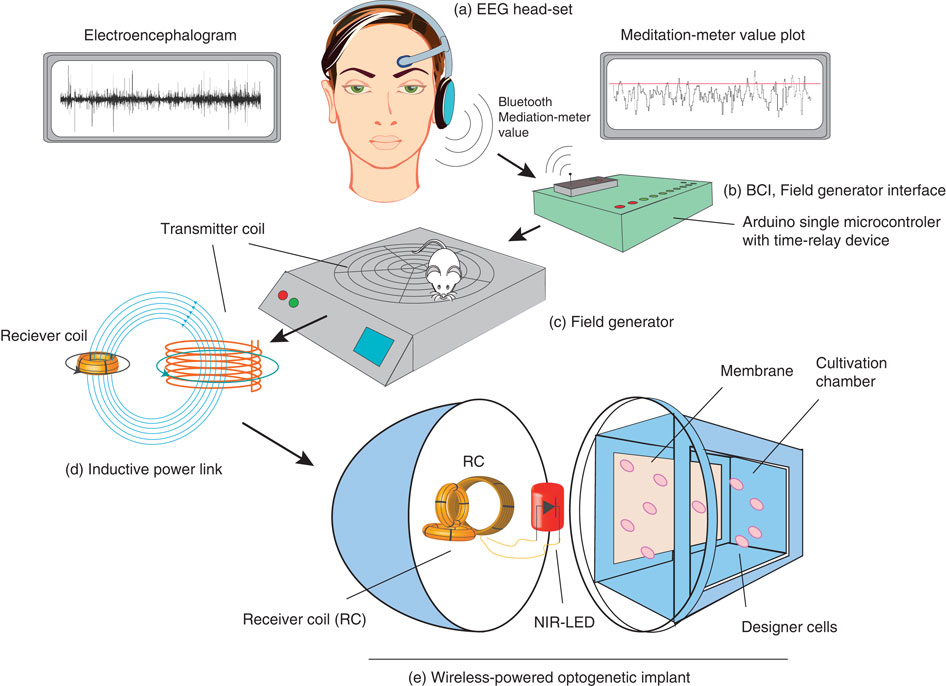I have been writing on the subject of Advaita in all its aspects for over 25 years and have written some 13-14 related books. It occured to me that it would be useful to gather together all of my writing (excepting emails, newsgroup/mailing list discussions) and load them into NotebookLM AI. This then enables it to answer questions based solely upon what I have myself written. If readers ask me questions, I can then get AI to answer for me in my own words and I just have to check through and ensure that I (still) agree with the answer!
I think I have now loaded in as much as I reasonably can so am able to give it a try. Here then is my first question:
Q: What is the relevance of the saṃnyāsa lifestyle?
Continue reading


